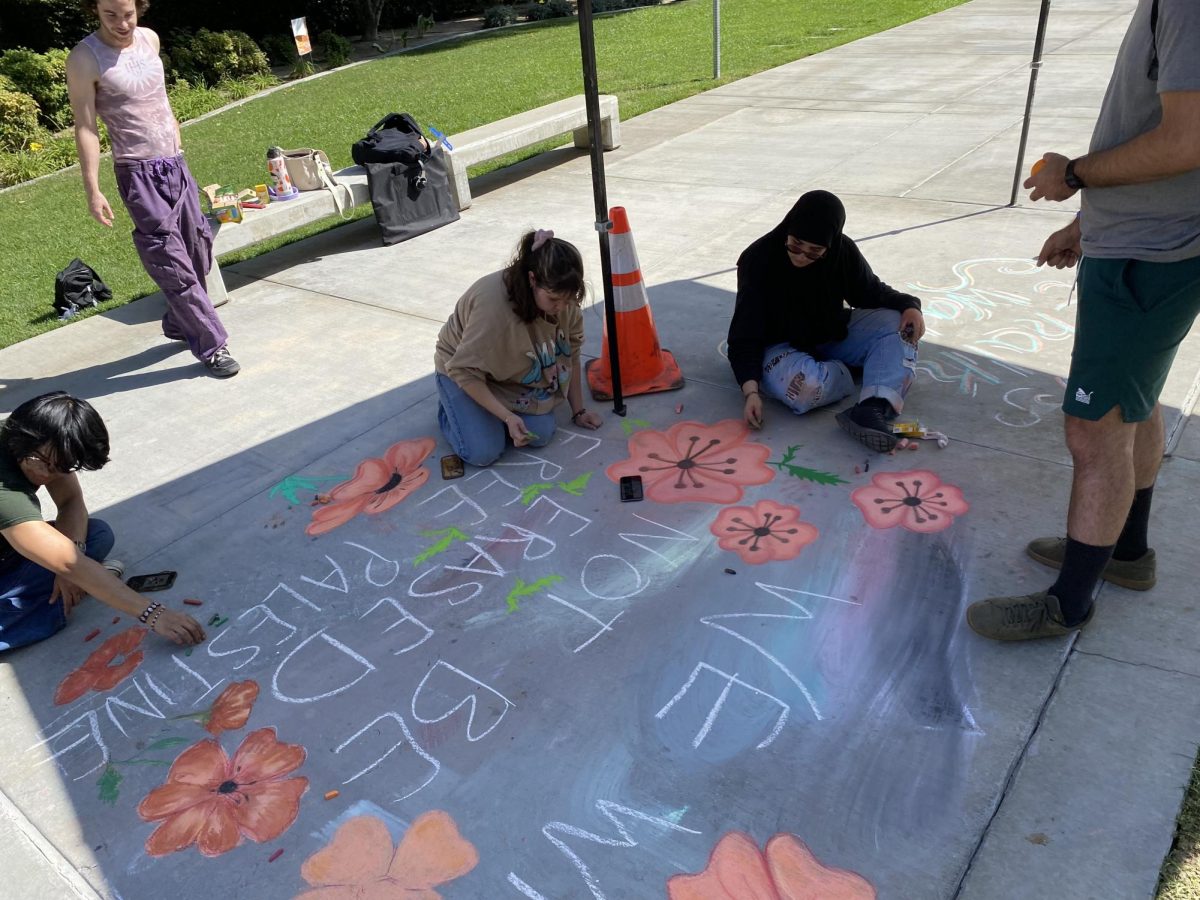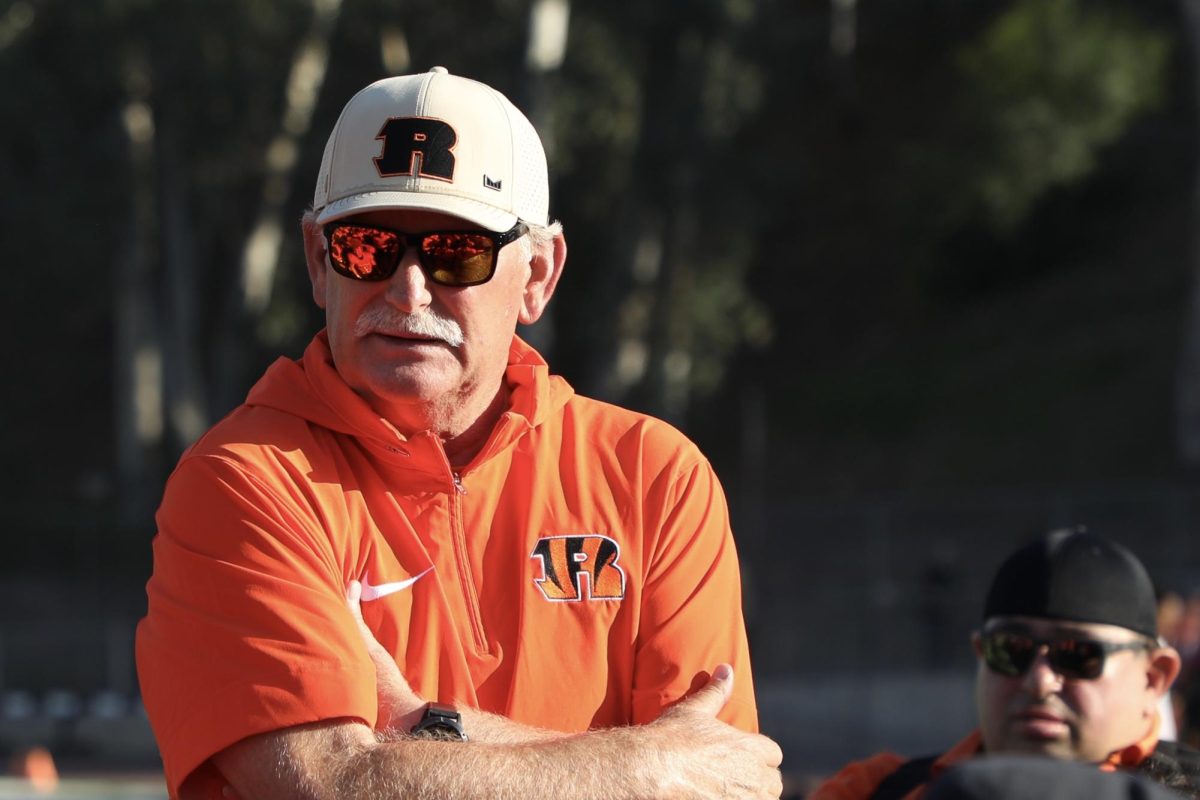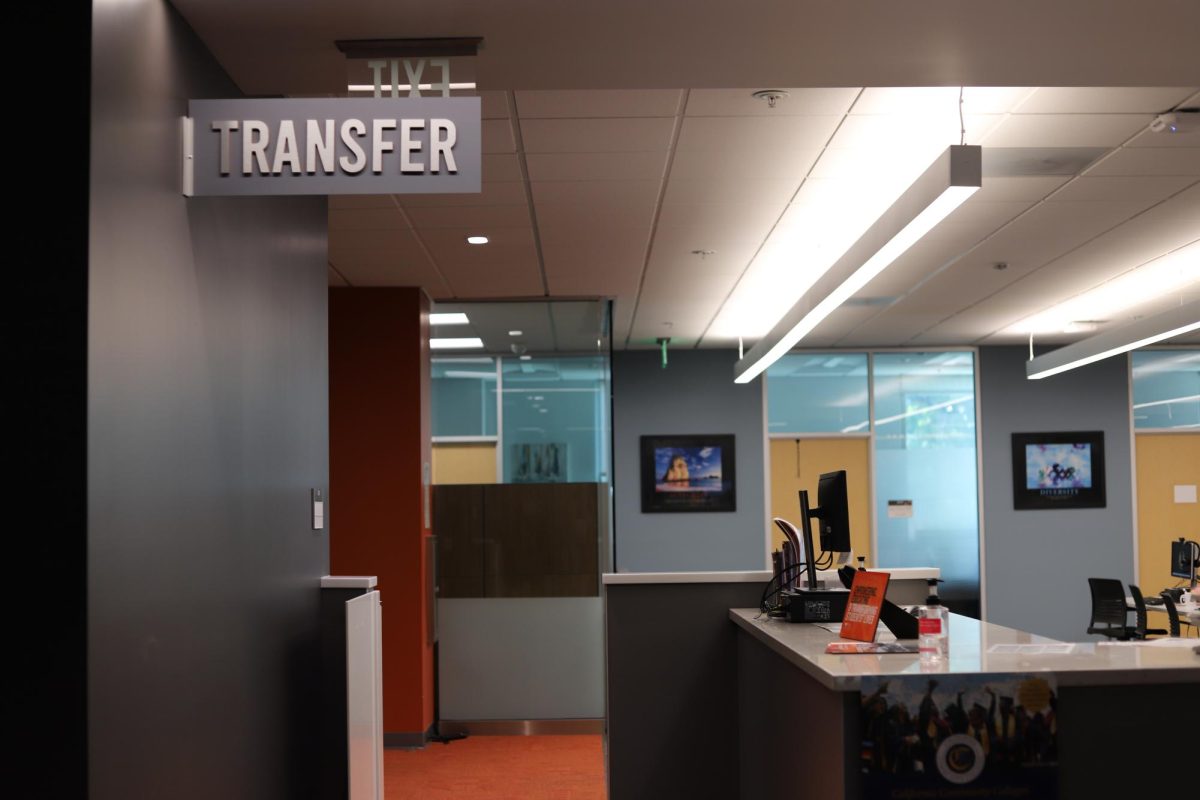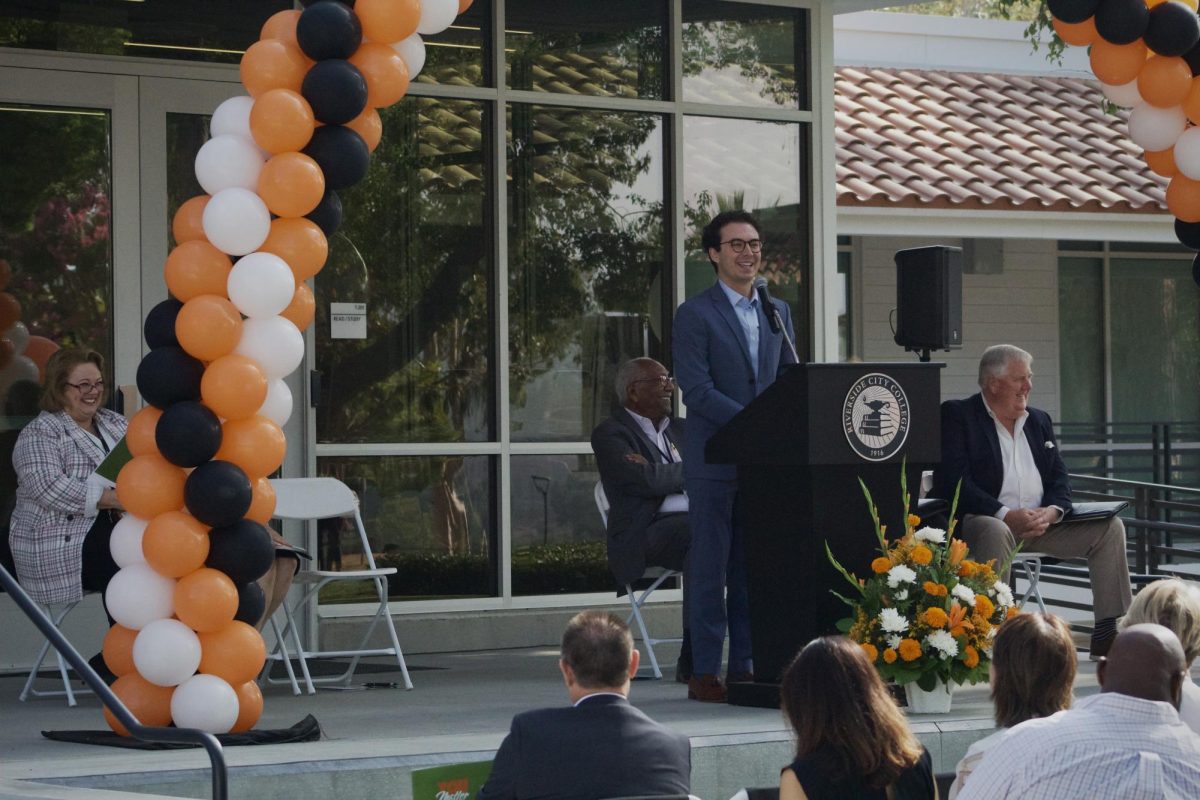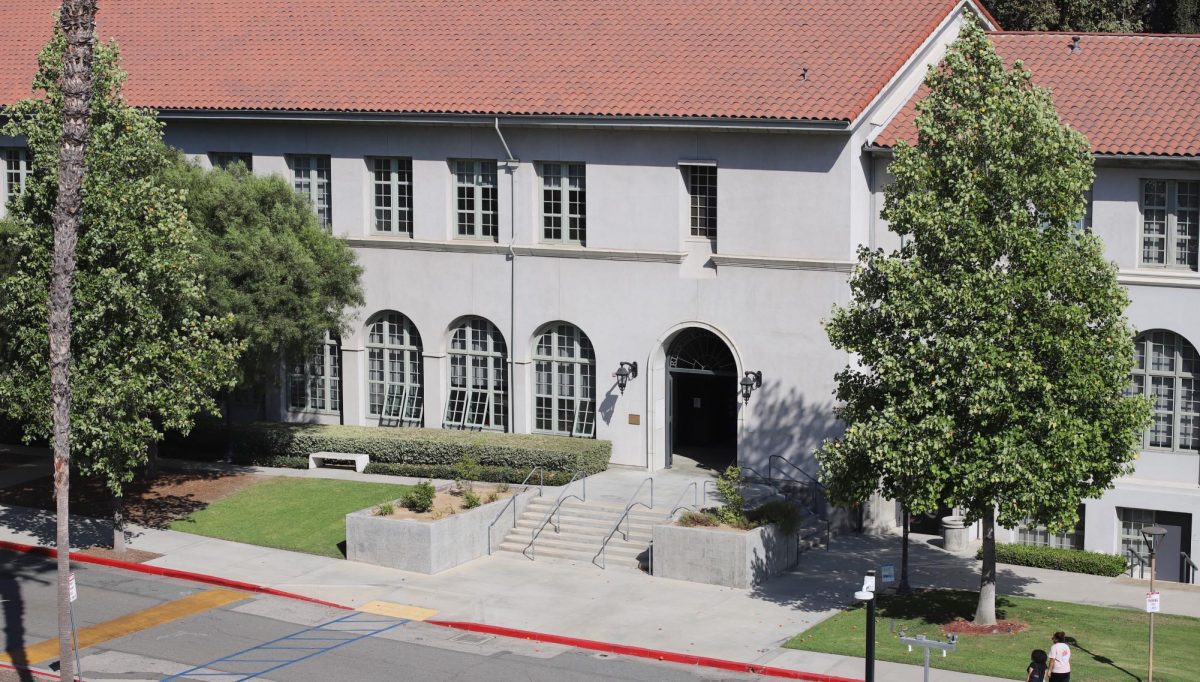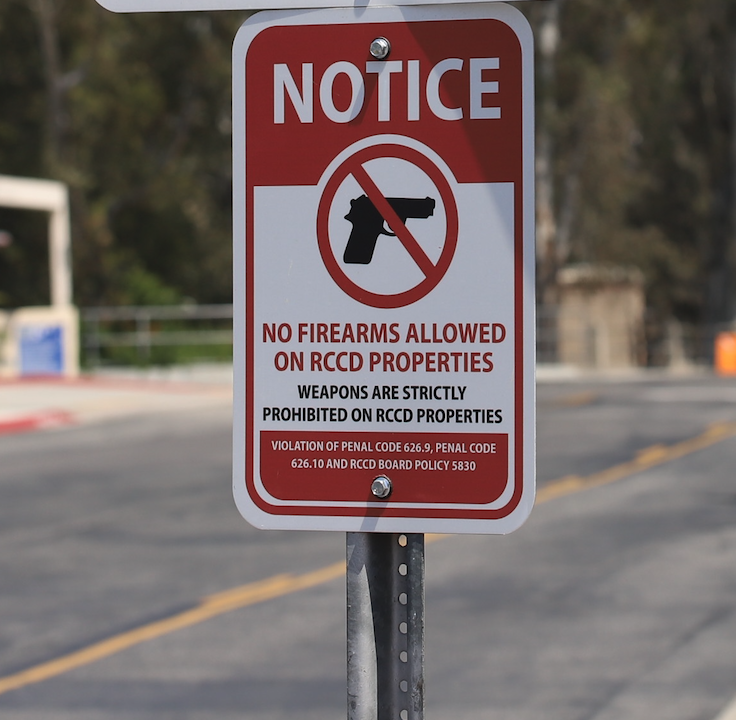By Erik Galicia
The wreckage of our pasts can in some cases create unjust barriers that stifle our potential for the future.
The Transitioning Minds club of Riverside City College is working to break down those barriers for students who have done their time.
The club paired up with UC Riverside’s Underground Scholars Initiative to host a live scan and free legal clinic for anyone seeking to expunge their criminal records at the Empire Law office in Riverside Sep. 7.
The free and low-cost services offered come as a useful resource for students who may not have thousands of dollars at hand to pay an attorney.
“I understand there are consequences for the things I have done,” RCC student Jonathan Pointer said. “But I want to be a physical therapist and I can’t get into my career. So I’m trying to get my record expunged and my court fees dropped.”
Background checks often discourage people from advancing their careers and make it difficult for some to find any work that pays a living wage.
Gwendolyn Hamilton, 65, attended the event in hopes of expunging her record over a crime she committed when she was 22.
“I work with money,” Hamilton said. “I don’t apply for jobs where I could potentially make more money because I know they are gonna require a scan. I paid my restitution and did my community service long ago but they still hold it against me.”
In Hamilton’s case, background checks have resulted in problems that have unjustly affected others.
“Eight years ago, my husband and I were trying to get one of my nephew’s sons out of foster care,” Hamilton said. “They scanned me and we were not able to get him out of foster care because of something that happened when I was very young.”
Transitioning Minds was created by Michael Saavedra in 2018 to provide a welcoming space for formerly incarcerated students and those affected by mass incarceration.
“The goal is to create a pathway for students to universities with like-minded programs,” Saavedra said. “We want to create funding for our students to have money for books, create more scholarships, and a mentorship program to guide students.”
Saavedra spent over 19 years in prison, 15 of which were spent in solitary confinement.
“In 2012, those of us who were tired of being put into solitary confinement without due process made a peace treaty amongst all factions inside,” Saavedra said. “We had a massive hunger strike to push up against Sacramento.”
The California prison hunger strikes that spanned 2012 and 2013 forced lawmakers to hold public hearings on the conditions in the state’s maximum security prisons. A lawsuit filed by inmates against the state was settled in 2015, resulting in the end of indeterminate solitary confinement in California.
Earlier this year, the state found that California prisons continue to commit constitutional violations and ordered the extension of monitoring.
Saavedra was able to start taking courses while incarcerated due to the achievement of the movement and enrolled at RCC after his release in 2017. Finding it difficult to relate to others and feeling out of place, he reached out to the Underground Scholars in the UC system for help to create Transitioning Minds and encourage higher education.
According to Rosana Gomez, Transitioning Minds president, RCC has not been as supportive of the club as they would like.
“Instead of being supportive of us providing these free events and attracting people to the school, we’ve received push back from RCC,” Gomez said.
Gomez alleges that RCC did not charge the club any fees for their spring semester event, which was held on campus. She claims that the college would be charging them $5 per person in addition to janitorial fees had the Sep. 7 event been held on campus.
Gomez believes this “push back” stems from RCC possibly not viewing the club’s target demographic as the college’s ideal face.
Still, Transitioning Minds emphasizes college education and university transfers at its events.
Terance Stewart, statewide director of the Time Done Campaign, spoke on his experience as a former inmate that eventually found himself at a university campus. The Time Done Campaign is an organization that works to educate the public on the barriers faced by people with past convictions.
“I had never planned on going to college, so I didn’t know what I wanted to do,” Stewart said. “They told me, ‘Why don’t you transfer to a four-year university?’ So I transferred to UCR from Compton College.”
Stewart also promoted empowerment through education as the key for overcoming the effects of mass incarceration.
“The system of mass incarceration, they’re massive homie,” Stewart said. “If you wait around thinking they want us to be free, you’re gonna be waiting for a long time. We have to set ourselves free.”
RCC sociology major Mike Ortega comes from a similar background. With 10 years of recovery from substance abuse, he is now employed at a treatment facility and is also working toward transferring to UC Riverside.
“School wasn’t for me either,” Ortega said. “However, there are so many resources in college that I didn’t know of. I was working a dead end job and at my age, there’s no way I could have maintained hard labor much longer. I tell the at-risk youth I work with all the time, education is the key. Anyone can swing a hammer.”
Saavedra stresses the need for people of color especially to seek academic success in order to break the system’s chains.
“There are so many for-profit vocational schools out there that target people of color,” Saavedra said. “They’re trying to pigeonhole us. It’s important for people of color to get educated and help out our communities. If we want to make change, we have to infiltrate the system.”


